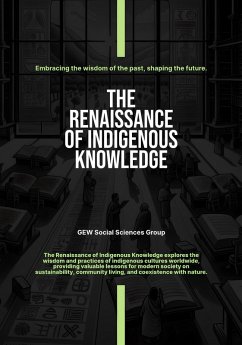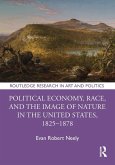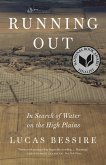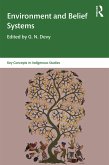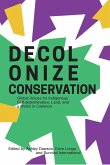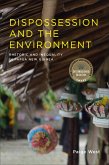Key Takeaways:
- Indigenous knowledge offers valuable insights for sustainable living, resource management, and cultural preservation.
- Education and technology play critical roles in preserving and revitalizing indigenous languages, traditions, and practices.
- Legal frameworks and advocacy are essential for protecting indigenous rights and promoting self-determination.
- Cross-cultural collaborations and international partnerships can amplify indigenous voices and foster mutual learning and respect.
- Integrating traditional ecological knowledge into modern environmental practices enhances global sustainability efforts.
- Empowering indigenous youth through intergenerational knowledge transmission and inclusive education is crucial for cultural continuity.
- Holistic approaches that honor the interconnectedness of all living beings are vital for envisioning a sustainable, inclusive future.
Dieser Download kann aus rechtlichen Gründen nur mit Rechnungsadresse in A, B, CY, CZ, D, DK, EW, E, FIN, F, GR, H, IRL, I, LT, L, LR, M, NL, PL, P, R, S, SLO, SK ausgeliefert werden.

